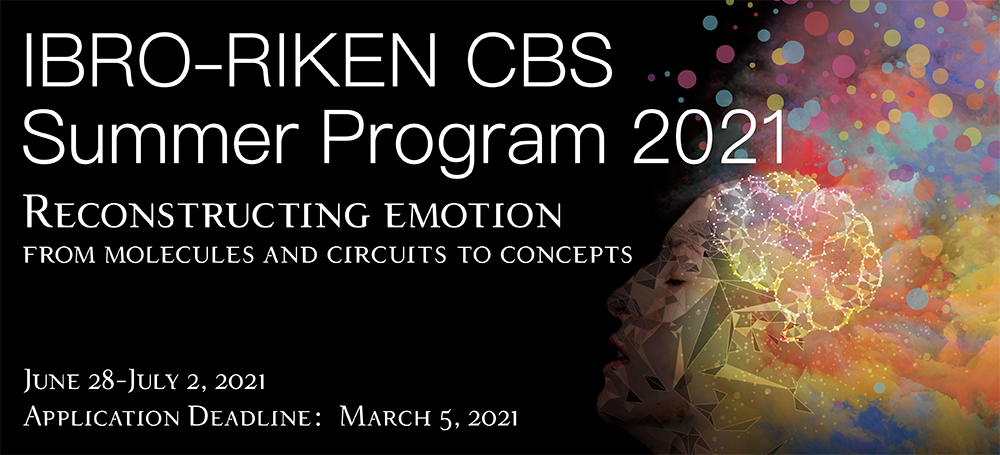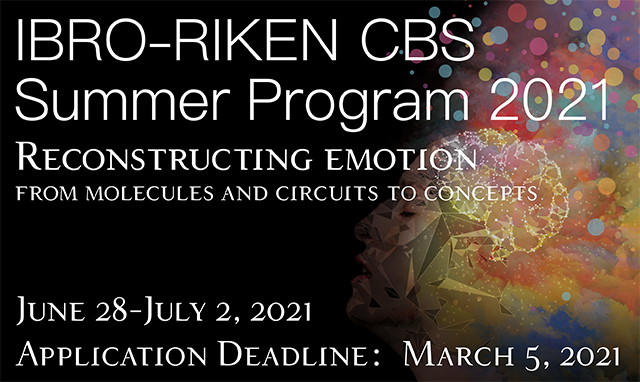

[L6] Keeping the balance: A role for the insular cortex in emotion homeostasis
Lecturer
Date/Time
June 29, 2021 4:00pm-5:20pm
Abstract
Fear has to be maintained within a functional range and is only adaptive when appropriately regulated. In my talk, I will discuss recent data from my lab, which suggest that the insular cortex may act as a homeostatic regulator of fear by integrating fear predicting cues and bodily feedback signals. We find that optogenetic inhibition of the insular cortex has opposite influences on fear extinction in animals expressing high or low fear. While the insular cortex’ responsiveness to associative cues increases with the expectation of harmful events, it is paradoxically lowered in high fear animals due to the detection of heart rate decreases during freezing. Interfering with body-brain communication via vagus nerve stimulation leads to deficiencies in fear homeostasis. Together our data suggest that freezing-derived bodily feedback signals are used by the insular cortex to maintain fear within an adaptive range.
References
- Gehrlach DA, Dolensek N, Klein AS, Roy Chowdhury R, Matthys A, Junghänel M, Gaitanos TN, Podgornik A, Black TD, Reddy Vaka N, Conzelmann K-K, Gogolla N (2019). Aversive state processing in the posterior insular cortex. Nat Neurosci 22: 1424–1437.
- Gehrlach DA, Weiand D, Gaitanos TN, Cho E, Klein AS, Hennrich AA, Conzelmann KK, Gogolla N (2020). A whole-brain connectivity map of mouse insular cortex. eLife 9: e55585.
- Gogolla N (2017). The insular cortex. Curr Biol 27: R580-R586.



